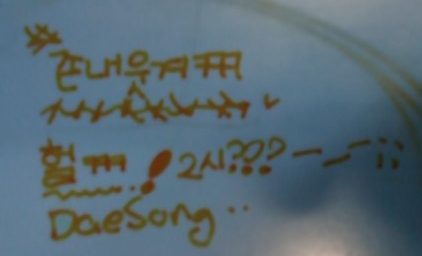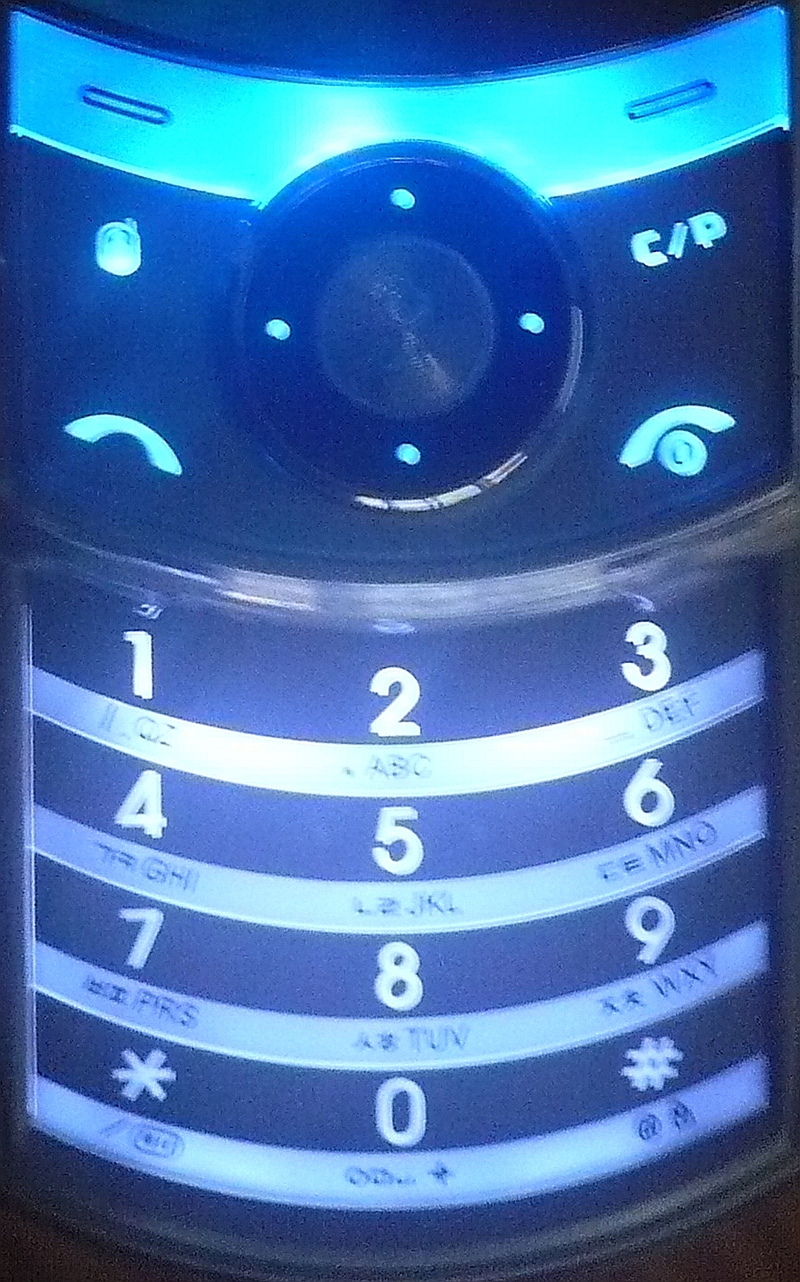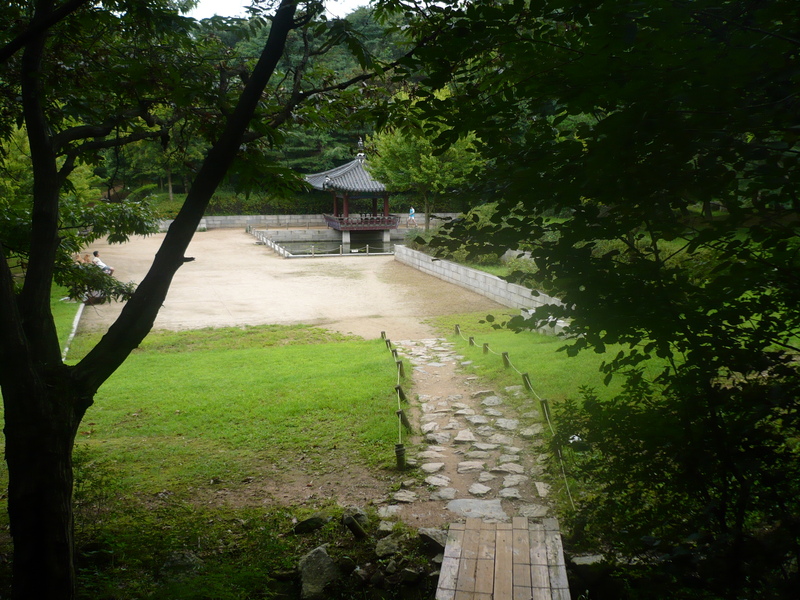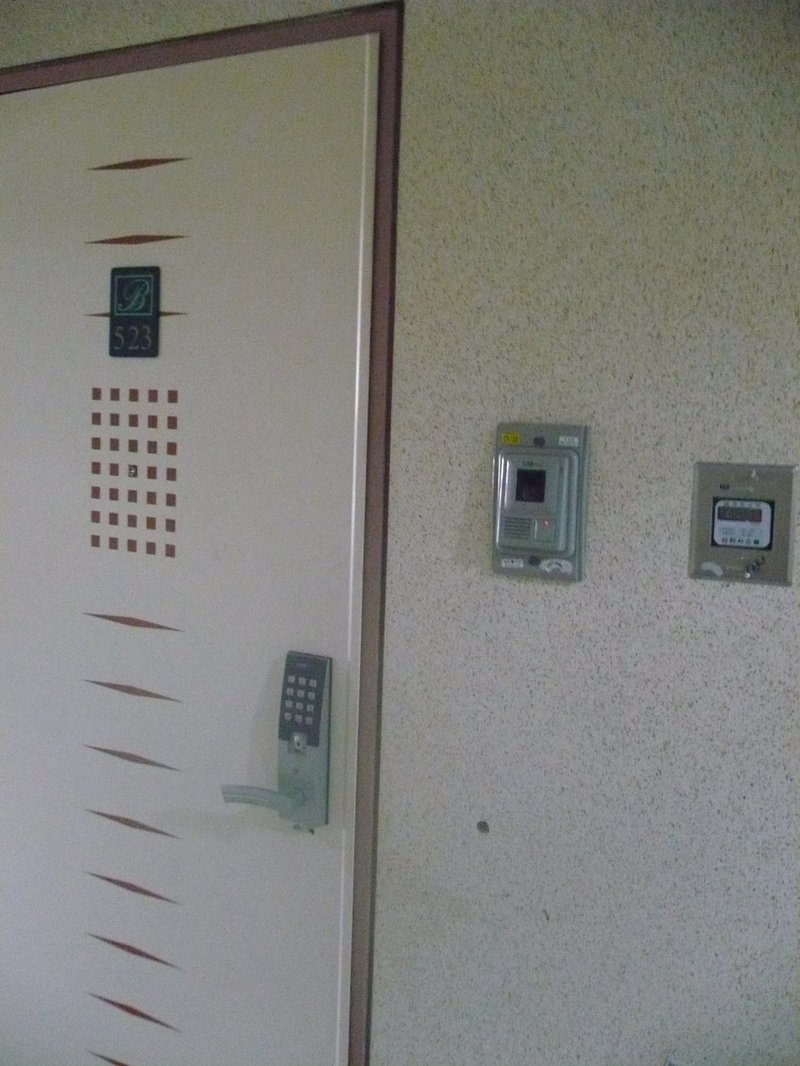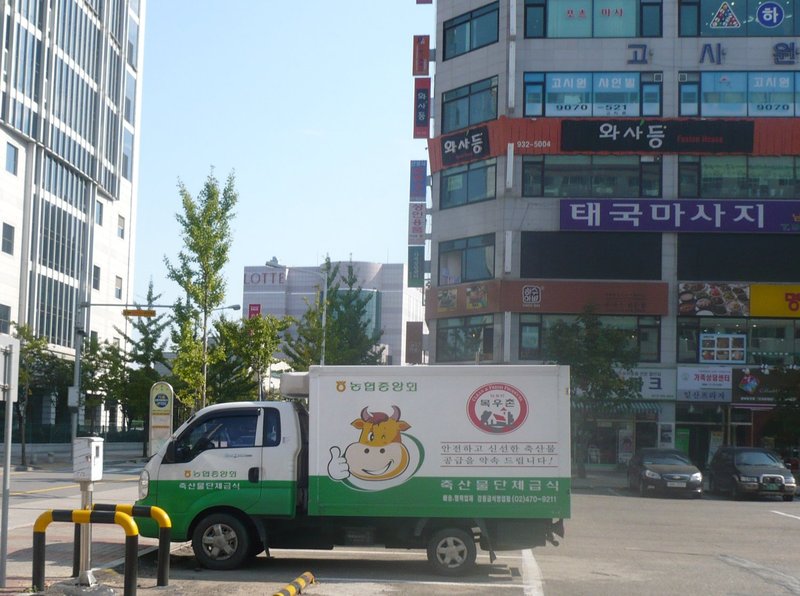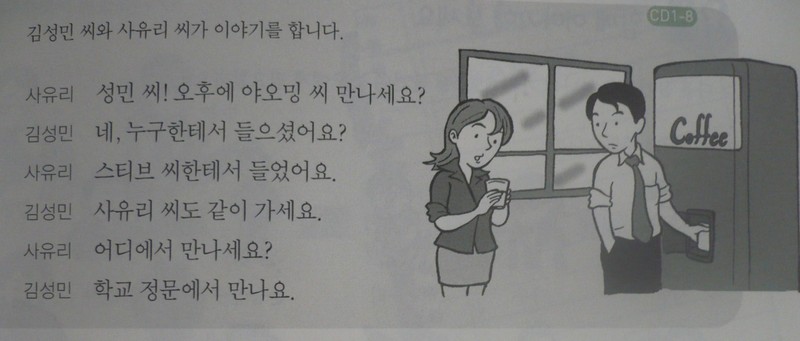The hip-hop duo P.M. Dawn (the Cordes brothers of Jersey City) had a 1991 hit single "Set adrift on memory bliss," which prompted me to buy one of only 3 albums I acquired while stationed here in Korea with the US Army's 296th Support Battalion at Camp Edwards, up towards Munsan (about 15 km north of here!). I bought the album, entitled Of the Heart, of the Soul and of the Cross: The Utopian Experience, in cassette form, at the Camp Casey PX Store (Camp Casey was the 2nd Infrantry Division's HQ at that time, and about 30 min. drive inland from Munsan, straight east).
Naturally, since I owned so few albums, it was on heavy rotation, with the consequence that I have very strong memory-associations of my year here when I hear songs from this album. I recently was set to thinking about it, and so I broke down and bought the album, in MP3 form. It's actually quite different from a lot of rap – an opinion I'd formed early on – as the group make lots of complex references to everything from religion and philosophy to broad aspects of popular culture from the 80's.
I was thinking of this partly as I was fishing in my brain for examples of rap music from the genre's formative period (i.e. late 80's / early 90's) that weren't entirely focused on violence and "gangsta" culture. I have been wanting to see if I could combine sharing some aspects of popular culture and rap music (which interests one demographic of my students) with sharing a more literary approach to poetry and literature (which interests an entirely different cross-section).
I have always held that rap music is our modern American culture's closest equivalent to the ancient forms of epic poetry, whether Homer's works or medieval creations such as El Poema del Mio Cid or Le Chanson de Roland. And I believe the equivalence is perhaps even stronger than the obvious superficial resemblances of topic – both ancient forms and modern ones overlaid rhythmic music with repetitive and formulaic poetry. Both treat extensively subjects such as war (or gang violence – same thing, right?) and questions of male honor and reputation.
I've often fantasized about trying to craft a "ghetto" reading of the original El Cid (in its archaic 11th century Spanish) to a modern drum-machine and sampled soundtrack. I think it would prove quite interesting.
Meanwhile, I'm listening to KCRW (streaming).
Interesting (almost poetic!) English du jour: "We will be the invisible motivation of link South Korea into one." — from Korean National Railway's website, English version.
[Update: youtube video added retroactively, 2011-08-03, part of the background noise.]

